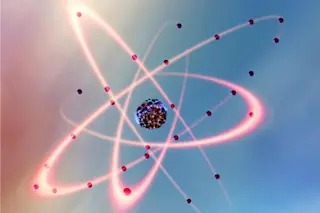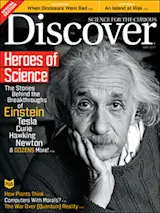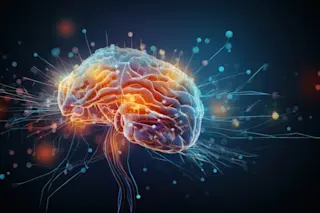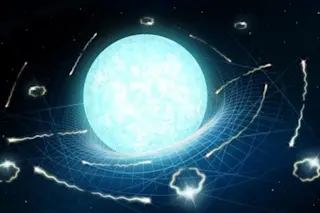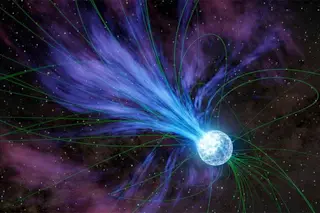Here’s a thought experiment: Imagine astronomers didn’t really believe that Earth orbits the sun or that our world turns daily on its axis. What if they viewed the heliocentric model of the solar system merely as an abstract mathematical tool to track planets and stars with great precision, not as a literal description of the way things are? What if they claimed we can’t truly know whether the sun orbits Earth or vice versa and, moreover, that such questions were not even worth asking?
It would be preposterous. No respectable scientist would ever entertain such notions — except when it comes to the most powerful theory in the history of physics: quantum mechanics. More than a century after its birth, quantum mechanics, the physics of atoms, photons and other particles, remains as baffling as ever. Experiments have repeatedly confirmed the theory’s weird predictions with phenomenal accuracy — to a dozen ...


